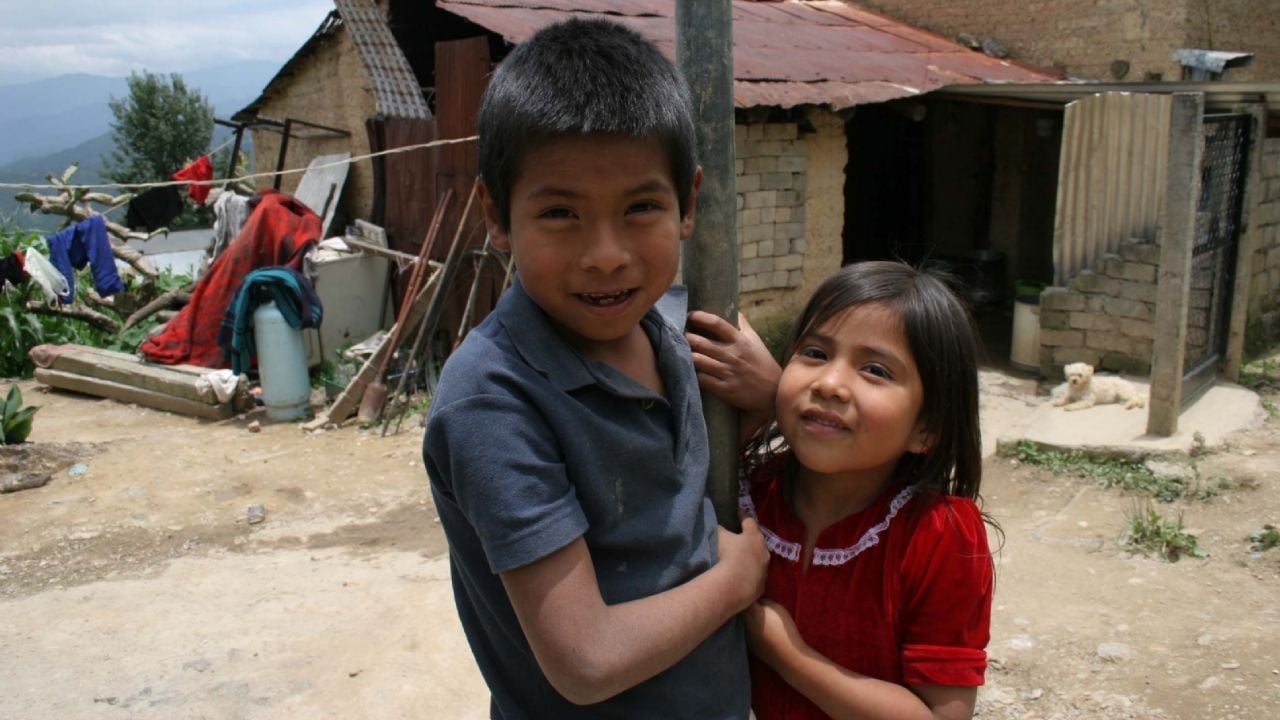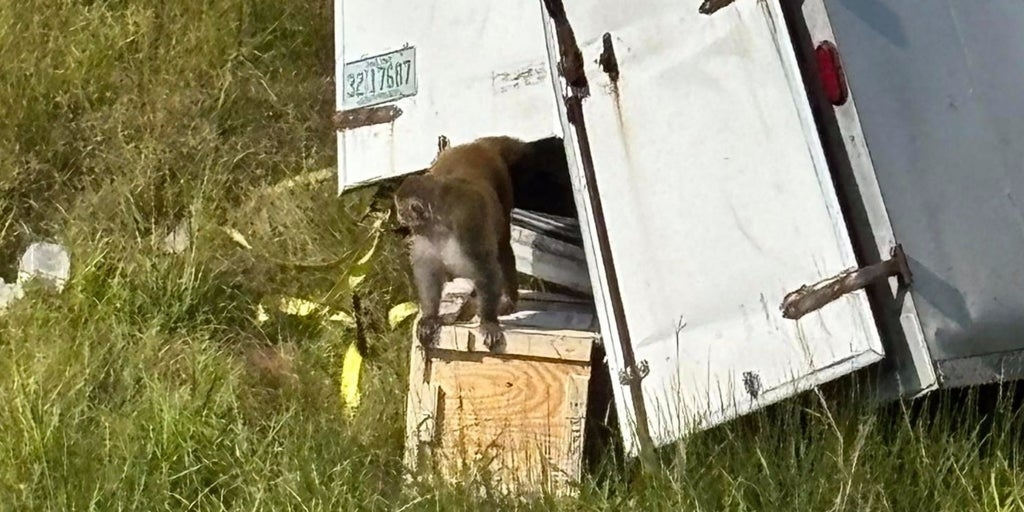Mexico is making progress in early childhood development, but gaps persist: Early Institute

MEXICO CITY (apro) – Early childhood in Mexico continues to register worrying rates in terms of security, poverty, health, education, nutrition and care, as well as low levels of investment in its care, warned researchers from the Early Institute.
During the presentation of the report “How are we doing with early childhood?”, Renata Díaz Barreiro and Cándido Pérez Hernández warned about advances and setbacks in the care of the population from zero to four years old, according to the analysis of available official information.
“The country has made progress in early childhood development, but it has not been uniform. Territorial and social gaps persist, continuing to shape the destiny of millions of children from early childhood. Progress still depends on the place and economic conditions in which this population is born,” Díaz Barreiro warned, highlighting that the report contains recommendations based on the 2030 development goals.
According to the review of the National Census of State Law Enforcement and Justice by the National Institute of Statistics and Geography (Inegi) 2023, the report highlights that even though a 6% decrease is reported nationally in the opening of investigation files for crimes committed against the population from zero to four years old, there are states that maintain increases between 2022 and 2023: Campeche with 534% more crimes, Aguascalientes with 181% more; Oaxaca, with 112%; Baja California, with 68%, and Colima with 50%.
In terms of homicide, at the national level there is also a decrease in investigation files of around 3%, although there are states with larger increases, such as Baja California with 475%, Campeche and Guerrero with 200%, and Aguascalientes with 150%.
Among the most concerning data, researchers highlighted increases in the number of investigation files for sexual offenses, rising from 2,438 to 2,840 investigation files between 2022 and 2023, representing a 16% increase.
Among the states where the largest increases in investigation files for sexual crimes against the population from zero to four years old were registered, the State of Mexico stands out with 407%, going from 55 files to 279; Oaxaca with 300%, which went from nine files to 36; Campeche with 167%, with six investigations in 2022 and 16 in 2023; Nayarit, with a 100% increase, going from 12 to 24 files in one year, and Guerrero, which went from 74 to 102 registered files, an increase of 62%.
Regarding disappearances, the Early Institute report states that, according to data from the National Registry of Missing and Unlocated Persons (RNPDNO), these same five states lead the increases in disappearances between 2022 and 2024, a period in which, at the national level, there was an increase from 368 to 392 reports of missing children between the ages of zero and four, representing a 7% increase in the records.
Díaz Barreiro stressed that in light of government announcements of a decrease in violence, it is necessary to warn that the reduction "varies from one federal entity to another, so we need focused solutions in that sense, so that girls and boys are not made invisible, let's say, by the national average."
The researcher added that the variations in progress in the different states are also reflected in the reduction of poverty, upon a deeper review of the indicators.
Thus, while at the national level the 2024 National Survey of Household Income and Expenditure by Inegi revealed that between 2018 and 2024 poverty decreased by 20% and extreme poverty by 12% among children aged zero to four, the review of the progress of each of the poverty indicators shows that in the same period the lack of access to health services increased by 115%; vulnerability due to deprivations increased by 25% and vulnerability due to having at least three deprivations increased by 8%.
In the review by states, the official data reflected the persistence of poverty in the population from zero to four years old in Chiapas (79%), Guerrero (72%); Oaxaca (63.3%), Puebla (59%) and Veracruz (57%).
From the review of official data, the researchers highlighted as "alarming" the increase in infant mortality by 16.4% between 2022 and 2023, since according to the Health Secretariat's Information System, in that period "the mortality rate of children under five years of age per thousand live births increased from 13.8 to 16 cases."
They added that, in terms of early childhood education, although the National Education System of the Ministry of Public Education (SEP) reported an advance of 5.9% in early childhood education between 2022 and 2023, there were entities that in that period decreased in the attention to the child population, such as in Querétaro (13%), Chiapas (11.1%), Quintana Roo (9.1%), Michoacán (6.4%) and Tlaxcala (5.7%).
Similarly, the report reveals that there were shortcomings in preschool education, such as in Yucatán at 21.1%, Quintana Roo at 10%, Nuevo León at 9.1%, Puebla at 0.7% and Guerrero at 6.4%.
Early Institute researchers revealed a 13.6% increase in inadequate care and domestic violence between 2022 and 2023, according to the National Health and Nutrition Survey (Ensanut), while in general "violence against children persists," noted Cándido Pérez.
The same Ensut survey revealed that short stature increased by 8.59%, reflecting a decline in nutritional levels in the early childhood population, also evidenced by the persistence of overweight and obesity levels.
Renata Díaz Barreiro pointed out that, in cases such as the right to early childhood and preschool education, which has been enshrined in the Constitution, "what we observe is that, well, they are increasing very little, especially early childhood education is at rock bottom, since only 3% of girls and boys are enrolled according to the SEP, which tells us that, although these policies and legislative reforms exist, they are not necessarily being put into practice."
He added that in terms of public investment, “we are at around 0.7% in early childhood investment, and what the UN proposes is that to have a national care system we need this percentage to be at least 1.6%, so it is necessary that we reach that level.”
Cándido Pérez added that in Claudia Sheinbaum's government, "particular or concrete emphasis is being placed on the National Care System, but the call is precisely that there are many other issues that require attention, such as health, nutrition, and even mortality, which require the utmost attention, not to mention many issues related to violence; these other red flags that exist in early childhood in our country must also be addressed."
The researchers concluded that, in early childhood, "the country is progressing, but with mixed results," given the persistent gaps between populations in different federal entities.
They agreed that for growth to be homogeneous, it is necessary to "recognize early childhood as a national priority and allocate the necessary resources to guarantee its well-being."
proceso





